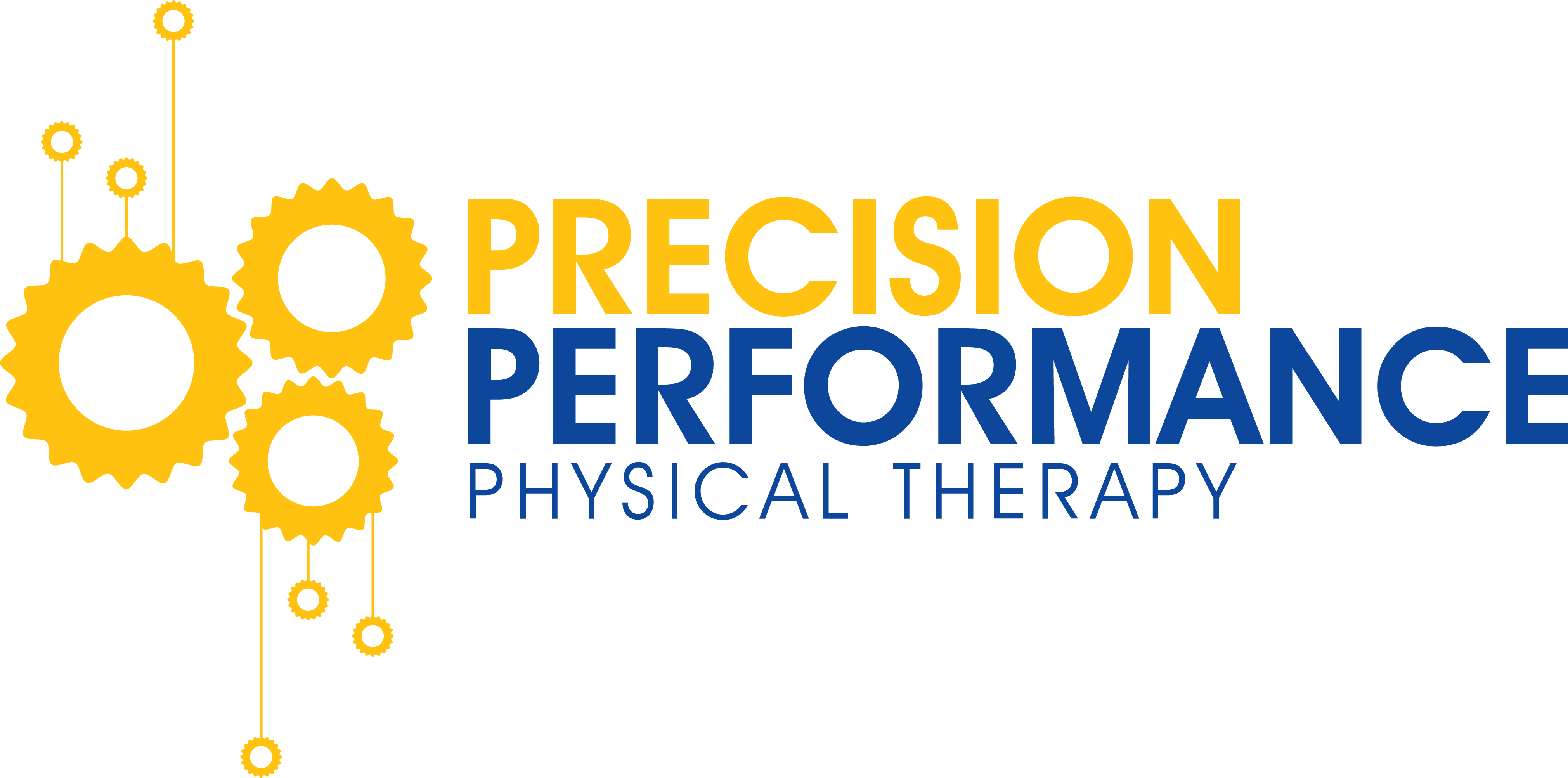Physical therapists can play a crucial role in helping patients recover from concussions. They use a multi-faceted approach that includes several components to manage concussion symptoms and to promote a safe return to daily activities and sports.
| 1. | Assessment and evaluation: Physical therapists will conduct a thorough assessment of the patient’s physical and cognitive symptoms to determine the extent of the concussion and the level of impairment. This includes testing balance, coordination, strength, and cognitive function. |
| 2. | Individualized treatment plan: Based on the assessment, the physical therapist will develop an individualized treatment plan to address the patient’s specific symptoms and needs. This may include exercises to improve balance, coordination, strength, and endurance, as well as cognitive rehabilitation to improve memory and concentration. |
| 3. | Vestibular rehabilitation: Many patients with concussions experience dizziness, vertigo, and balance problems, which can be addressed through vestibular rehabilitation. This includes exercises to improve gaze stabilization, balance, and sensory integration. |
| 4. | Manual therapy: Physical therapists may use manual therapy techniques, such as massage or joint mobilization, to address muscle tension, headaches, and neck pain associated with concussions. |
| 5. | Education and support: Physical therapists will provide education and support to patients and their families on concussion management, symptom management, and safe return to daily activities and sports. |
Overall, physical therapy can help patients with concussions recover more quickly and safely, and reduce the risk of long-term complications associated with concussions.
